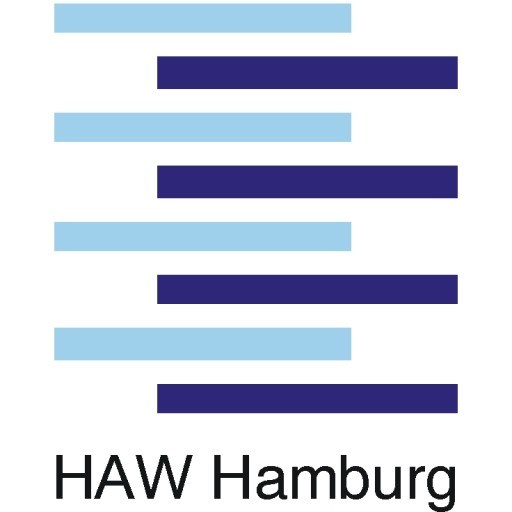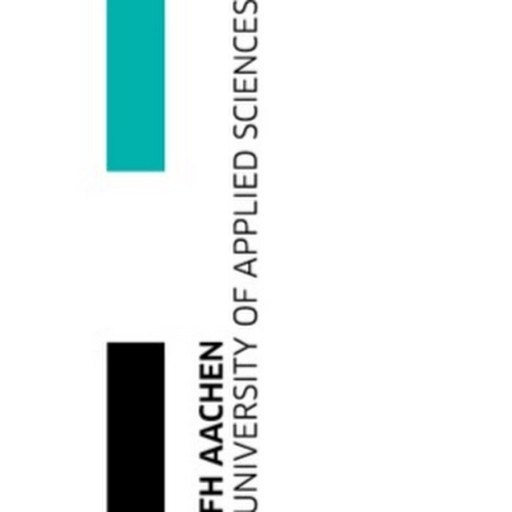Photos of university / #uni.flensburg
The Master's degree programme Wind Engineering is designed to meet the demands of the wind industry and to prepare our graduates for a successful career. This involves training interdisciplinary generalists with specialised skills in electrical, mechanical or civil engineering. But above all, we want our students to be able to understand and handle classic and new wind turbines and wind power plants in a system-oriented manner. Our graduates acquire skills in the design, construction and operation of these systems and their components.
Educational organisation
The Master's degree course is designed to take four semesters. The course is taught entirely in English; this includes lectures, laboratory training, project work and examinations.There are four mandatory and two elective courses in the first semester. The curriculum of the first semester covers the following areas:
- Scientific and technical writing
- The global wind industry and environmental conditions
- Wind farm project management
- Advanced engineering mathematics
Electives:
- Mechanical engineering for electrical engineers
- Electrical engineering for mechanical engineers
- German as a foreign language
- English for engineers
- Energy economics
The curriculum of the second semester covers the following areas:
- Wind turbine aerodynamics
- Certification and load assumptions
- Control systems and automation
- Tower and rotor structures
- Mechanical drive train
- Electrical engineering for wind turbines
In the third semester students will choose their major. They may chose between mechanical engineering, electrical engineering, or civil engineering. The curriculum covers the following courses:
Mechanical engineering major:
- Machinery components
- Rotor blades and dynamics of structures
Electrical engineering major:
- Electrical machines, power electronics, control
- Grid integration
Civil engineering major:
- Tower design and dimensioning
- Sub-Structure design and dimensioning
The course "Project: Development of a wind turbine" is mandatory for all students.
Additionally, students will choose a total of two from the following electives:
- Advanced wind farm planning
- Basics of sustainable energy systems
- Measurement
- Offshore wind energy
- Operation & maintenance
- Computational fluid dynamics
- Load simulation
- Modelling and simulation
- GIS
Once all three semesters have been successfully completed, the fourth semester of the programme will be dedicated to your Master's thesis.
Study abroad unit(s)
Studying abroad is not a compulsory part of the course.Forms of assessment
Written exams, oral exams, presentations, written reports, homeworkCourse objectives
Graduates of this course will be able to take up careers in a variety of fields in Germany and internationally. Our graduates' profound knowledge in wind engineering as well as their problem-solving and social skills make them interesting candidates for a number of jobs. Future employers could be wind turbine manufacturers or suppliers, wind farm operators or government institutions. The acquired qualifications and skills are also much sought after by local authorities, insurance companies or research and development institutes.Language requirements
If English is not your native language or the course of study you graduated from most recently was not taught mainly in English, we ask you to provide a Cambridge First Certificate, a TOEFL test or an IELTS. For alternative forms of proof and the required scores, please contact us.Academic requirements
You can be admitted to the Master's degree programme if you have successfully graduated from a Bachelor's or Diplom degree programme in mechanical engineering, electrical engineering, electrical energy systems engineering or renewable energy engineering.If you graduated from a study programme other than those mentioned above, you may be admitted to the Master's degree programme depending on the decision of the programme admission board. The board may require you to participate in additional classes on top of the regular curriculum.
Enrolment fees
The semester fee is 100 EUR; this includes a bus ticket valid on all buses in Flensburg as well as contributions to the Studentenwerk and the General Students Committee. The enrolment fee is 25 EUR.Costs of living
The cost of living for a student in Germany is approx. 670 EUR per month including accommodation. This is only a rough estimate; actual living costs depend on your personal lifestyle, of course.Job opportunities
At times, student assistant positions at the Wind Energy Technology Institute are available. Students should not count on this option to finance their studies, however.Student jobs may be available in Flensburg, but you should keep in mind that these jobs may require German language skills. International students may also have to adhere to regulations as specified in their visa.
Arrival support
The International Office offers a programme for international students during the first week of the semester, before classes start. Students will be introduced to the university and the various services provided. A welcome dinner for our international students is part of the week, as are a guided tour through Flensburg and other activities to get to know your home away from home and fellow students.International student tutors in the halls of residence also support new students in settling in.










